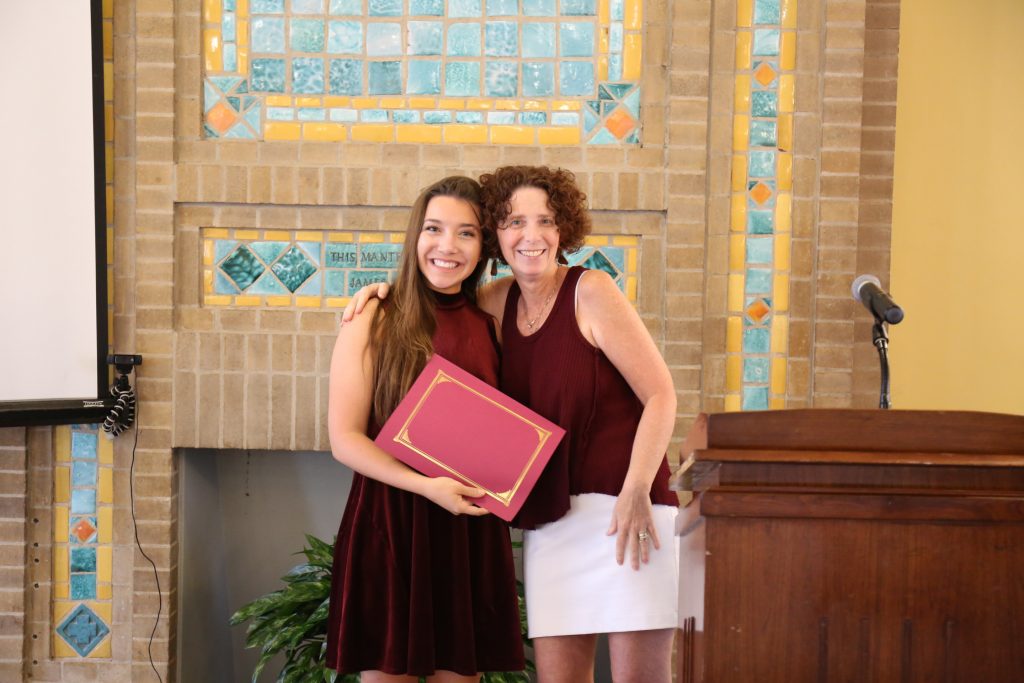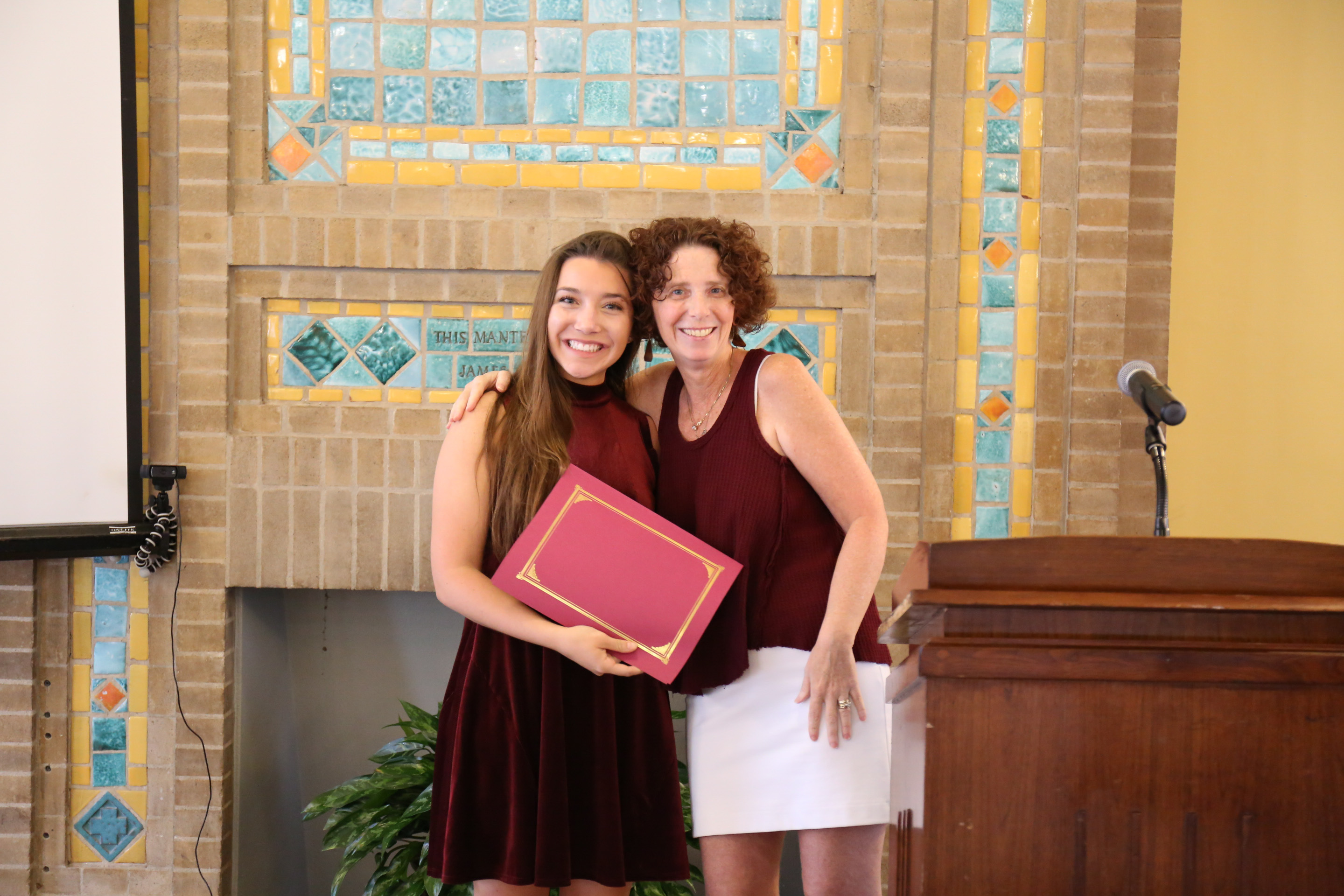
This is part two in a series of blog posts written by some of our undergraduate students doing P4C in local pre-college classrooms. We’ll be posting reflections from the group we call the “Five Fearless Philosophers” over the course of the next few weeks. Read the introduction by Dr. Claire Katz here.
Cora:
Three years ago as I sat in my Intro to Philosophy class at Texas A&M, I had my first inkling of doing philosophy with children. I should preface this introduction by saying that I was majoring in philosophy on a whim. I had never taken a philosophy class nor had I read any text written by a philosopher. I was interested in ethics, so a little bit of google research and a plan to go to law school led me to seek a philosophy degree.
I wrote my first paper on Socrates’ “the unexamined life is not worth living for men”; I read Plato’s cave allegory on the truth, and I studied Aristotle on the good life. I was surprised to find how much philosophy resonated with me, and how it might resonate with every citizen living in a democracy. Philosophy would make us more thoughtful citizens, students, and friends. It would help us engage people with differences. It would foster well-formed values to help us make decisions. The way I saw it, philosophy is critical to democracy and who we are, yet it is missing from K-12 education. I set a goal to make philosophy more accessible for people to study and put into practice, and P4C is allowing me to realize this goal.
There are challenges that come with bringing philosophy into K-12. We must cultivate the idea that young people can and should do philosophy. Whether parents aren’t having open dialogues with their children at home or whether schools are casting aside “problem” students, we are missing out on crucial opportunities to educate our youth. During a philosophy discussion I had with high schoolers recently, many were hostile toward alternative points of view and didn’t see the value in this form of discussion “where we don’t agree on anything.”
This affirmed for me why we need philosophy in K-12 education. We need it to help children and teens understand the world––not in an abstract sense––but in the sense that people are marked with differences and we have to see through these differences to understand each other. P4C tears down walls by creating a setting for children and teens to talk with each other. One middle schooler told me that she has these ideas and questions, but she never thought she could share them with her friends until now. In the classes that I have repeatedly worked with, I have been encouraged by the way in which students talk to each other. The first graders have advanced conversations by saying things like, “I agree or disagree because. . . .”
One P4C lesson that we use in the middle school is a story of a ship that goes into space and encounters problems that require all of its parts to be replaced––is it the same ship when it lands? A seventh grader once said that it’s a different ship because its experience of overcoming problems gave it a new identity. Another young woman paused and said, “hey this relates to our own life!” I was encouraged to see her establish this connection between philosophy and life. When I asked the eighth graders how a philosophy discussion might differ from a normal conversation they have with friends, a student replied, “We think about the philosophy discussion later.” It’s reaffirming to know that they can see these topics carry into their daily lives––education becomes much more meaningful when we see it as relevant to our everyday life.
In the same way that philosophy ignited my love for learning when I began studying it in college, I see children become more excited learners. First graders yell out, that was fun!, or the alternative, that was tiring! Philosophy empowers, engages, and excites students by placing learning in their hands. It shows them that their education isn’t restricted to a core curriculum. It shows them that their questions are welcomed and their voices are heard. I believe in P4C because I see it as the investment we need to make in our youth.
